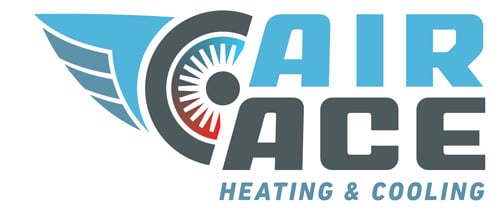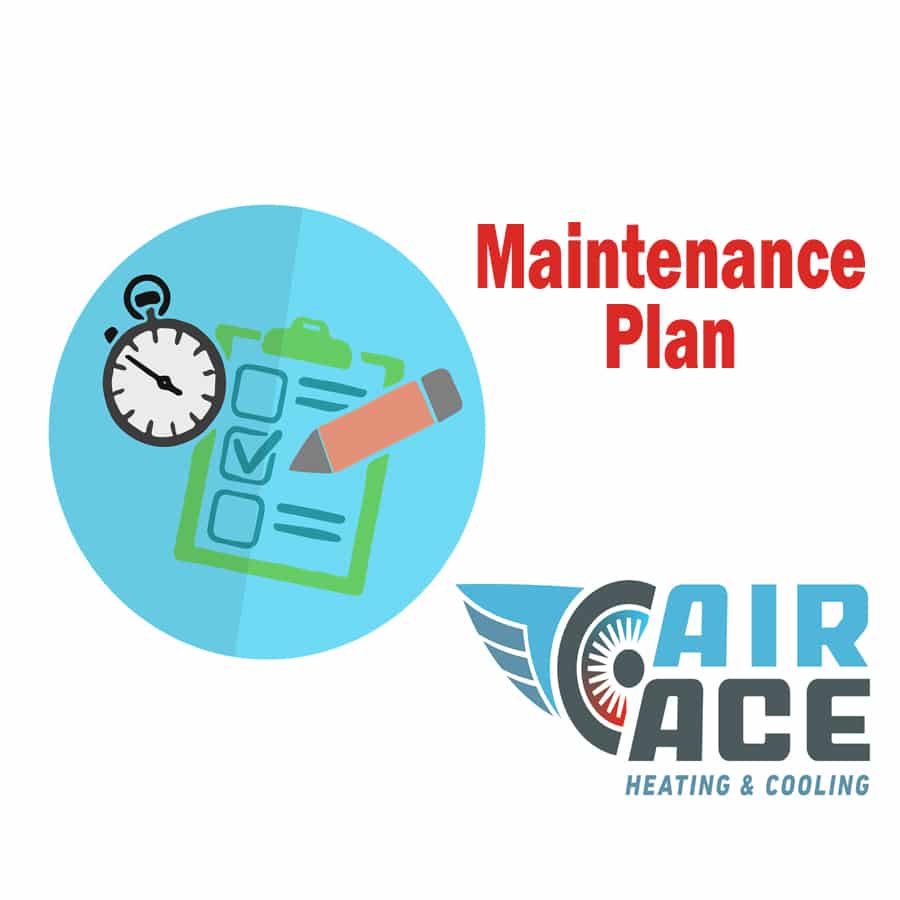What is the Best Way to Heat and Cool Your Home?

Whether you’re attempting to battle the cold winter weather or harsh heat of summer, you want to be sure you’re comfortable inside your own home. And that means figuring out the best and most efficient way to keep your home at a comfortable temperature year round. There are a variety of ways to heat and cool your home and all of them depend on three forms of power – gas, electric, and oil. Understanding the pros and cons of each heating and cooling system will help you decide the best way to heat a house.
Is gas the best way to heat a house?
There are pros and cons to a gas system. A gas heating and cooling system is less expensive to operate because natural gas is much cheaper than electricity. A gas system also heats your home faster than electric and oil systems because gas systems are able to instantly produce maximum heat right when the burners start burning. That means that if you live in a cold climate with harsh winters, a gas system might be the best way to heat a home.
But there are some negative aspects to installing a gas heating and cooling system. For example, gas systems are more expensive to purchase and install. They also have a shorter lifespan than electric units and require annual maintenance to ensure the system is operating safely and efficiently.
Electric Heating and Cooling Systems
While gas systems are more expensive to install, electric heating and cooling systems have a lower upfront investment. And that lower cost is met with an easier installation process. Since electric furnaces don’t require a vent to the exterior like gas systems do, they can be installed more quickly and easily. Electric systems also require less maintenance than gas furnaces. Although electric systems need to be checked yearly, malfunctions often aren’t as serious as problems that arise with a gas unit.
All those pros may make it seem like an electric heating and cooling system is the best way to heat a house, but there are some cons to consider, too. Electric heating systems have a higher lifetime cost because electricity costs much more than natural gas. It also takes an electric furnace longer to heat your home because you’ll have to wait for the unit to power up the heating element each time it turns on to warm your house.
If you live in a warm or temperate climate that doesn’t require you to run your furnace continually, an electric heating and cooling system may be the best option for you.
Pros and Cons of Oil Heating
While gas and electric systems are the most common options, you should also consider the pros and cons of heating your home with oil. Oil-operated systems have a lower cost of purchase and installation than gas systems, and they offer a higher heat output that gas and electric systems. That means your home will warm up faster and stay warm longer.
But oil operated systems also have their flaws. The biggest drawback of an oil system is the cost to operate. Heating oil prices vary greatly and current high oil prices mean that an oil-operated heating system costs more to operate than a gas or electric heating unit. An oil system also requires that you have a constant supply of oil on hand throughout the winter, which means you’ll need to have an oil storage tank in your yard.

